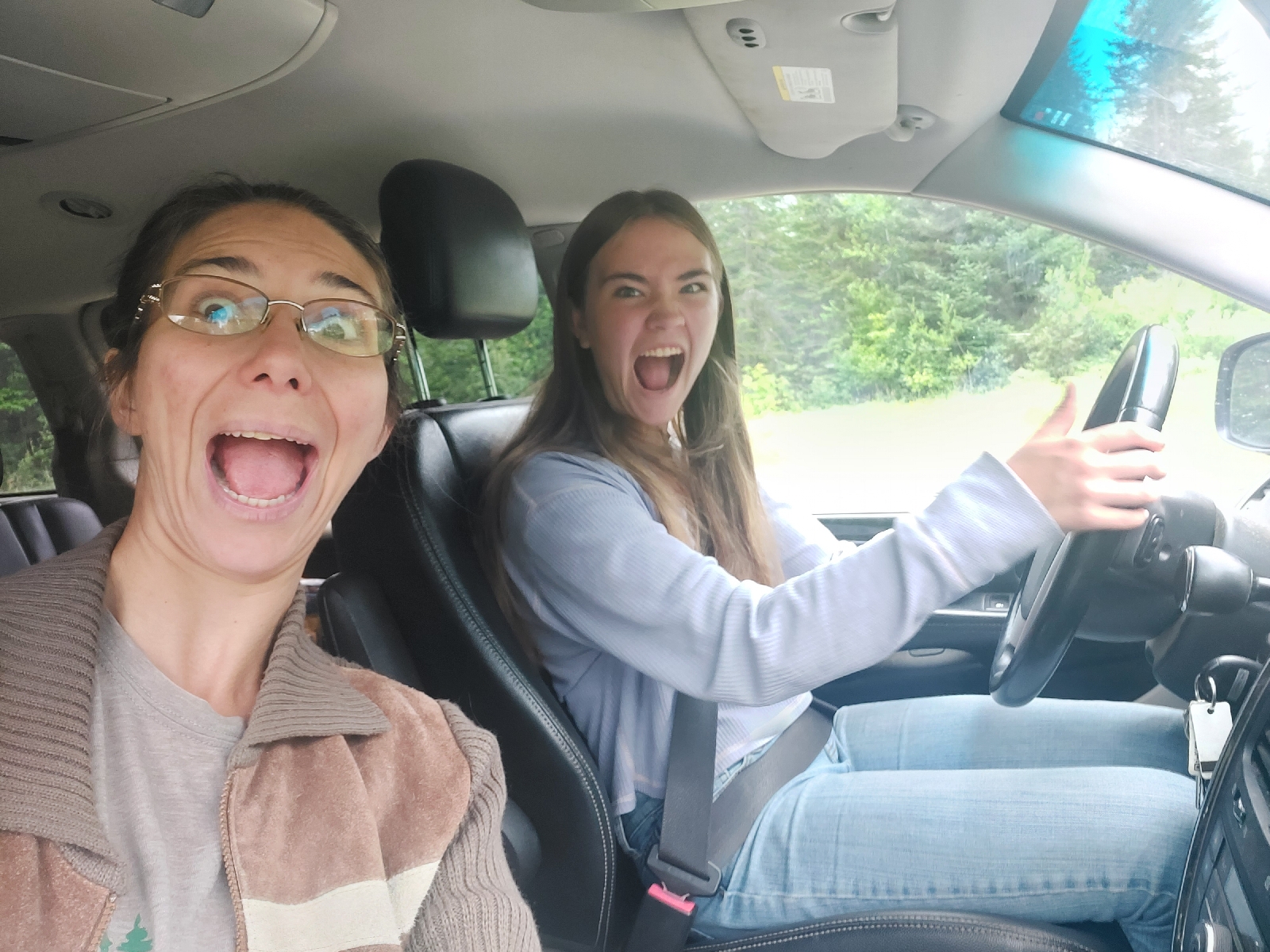New Solar Finally

This pictures shows 6 brand new 240 watt panels. We were hoping for a game changer, and so far it has been. We haven't lost power since they were installed last week. Our solar electrician gave us some insight on how to use a solar system that we didn't have before. We were using it more "on demand." I'm thinking of course, yeah that's how I want my power to work, I turn on a light switch it comes on. Anyway, the new plan is to watch the weather closely and keep the inverter? (the little black box with numbers) between 50 and 54. We lose power about 46, or if the well pump engages and we are below 48. The well pump is our biggest power sucker. Water going into or out of the house is the overall biggest problem for off grid. Or so I've been told----repeatedly. He also left us with a little gas generator that will run for about 8 hours on a gallon of gas to keep it up to 50 on cloudy days. That worked out great, except it was too close to the ...










